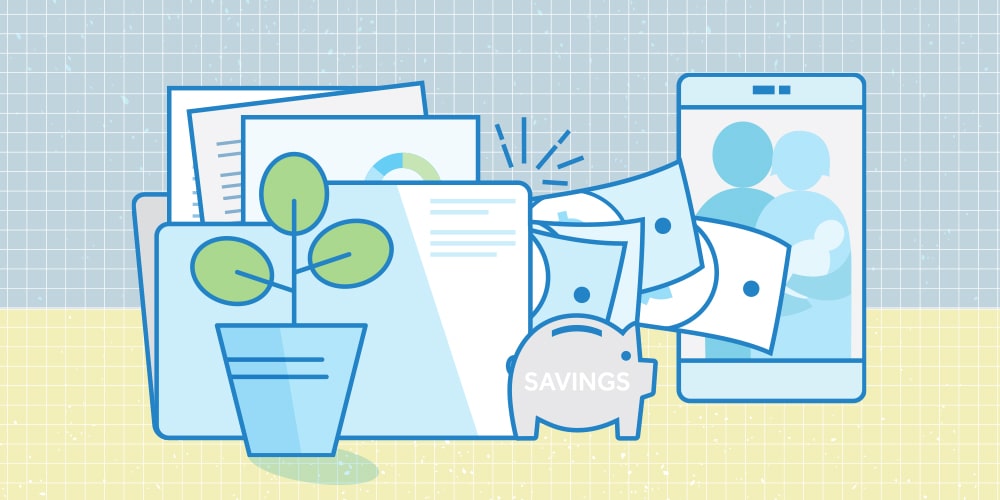There will be a massive transfer of wealth in the next 10 to 20 years from the baby boomer generation to their children and grandchildren, and it’s expected to be worth trillions of dollars.
Like all financial considerations, the best way to approach the transfer of intergenerational wealth in your own home and family is to have a sturdy plan. It should reflect thoughtful preparation and be designed so it's executed without a lot of fuss.
Discussing your intentions with a wealth advisor who's familiar with such elements as taxation is a good first step. A plan for intergenerational wealth transfer should consider as many possibilities as is reasonable to smooth the way.
After all, who saw the COVID-19 pandemic coming like a wrecking ball that would alter the worldwide economy and our lives in such a far-reaching way?
Evaluate the impact of the pandemic on wealth transfer
The financial impact of COVID-19 on national economies and our own personal circumstances will be felt long after the pandemic recedes. Now, more than ever, millennials and Gen Xers are finding their future wealth influenced strongly by their parents.
A Statistics Canada report in early 2021 showed that children are more likely to stay in the same wealth class as their parents, particularly if they're receiving a transfer of wealth. Another StatCan report revealed that “younger generations’ economic well-being may be more at risk due to the COVID-19 pandemic, since they depend more on employment as a source of income, have higher debt and less equity in financial and real estate assets.”
Boomers might consider providing funds or assets to younger family members sooner rather than later, perhaps to help with the down payment of a house or an investment or to help pay for education. Such a move, done correctly, could also ease tax burdens when children inherit real estate and other assets from their parents.
Alberta farming families, take note. A federal private member’s bill (Bill C-208) that makes amendments to the Income Tax Act would help to facilitate intergenerational wealth transfers. It would positively impact the tax treatment of parents selling farms and fisheries to their children. Stay tuned, as the bill has not yet been enacted with an application date.
Though many people with the right jobs and investments boosted their savings and wealth during the pandemic, others who depend on employment primarily in the services sector in what’s called the gig economy, particularly millennials, suffered losses.
These and other considerations about the pandemic that could influence your plans for an intergenerational wealth transfer include the impact of rising inflation on savings, investments, and the cost of living, as well as increased market volatility while economies worldwide ramp back up.
Take timing into account
There are two trends that could stall when this great intergenerational wealth transfer happens as well as eat into the amount of money to be passed down to children and grandchildren. Boomers are living longer than previous generations and they are more apt to stay in their homes or buy new ones with the intent of aging in place.
The bottom line is that most boomers want to help their children out, but they also want their investment strategy to prepare for a retirement that allows them to maintain a comfortable standard of living.
So, it’s not just the boomers who should be seeking the advice of wealth advisors, it’s millennials and Gen Xers, too. Planning for the future is key. A proper intergenerational wealth transfer plan keeps everyone informed in a transparent and easily understood way.



